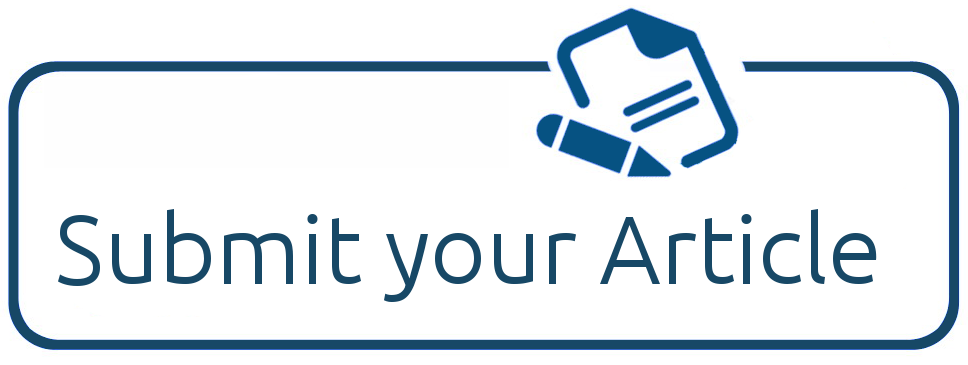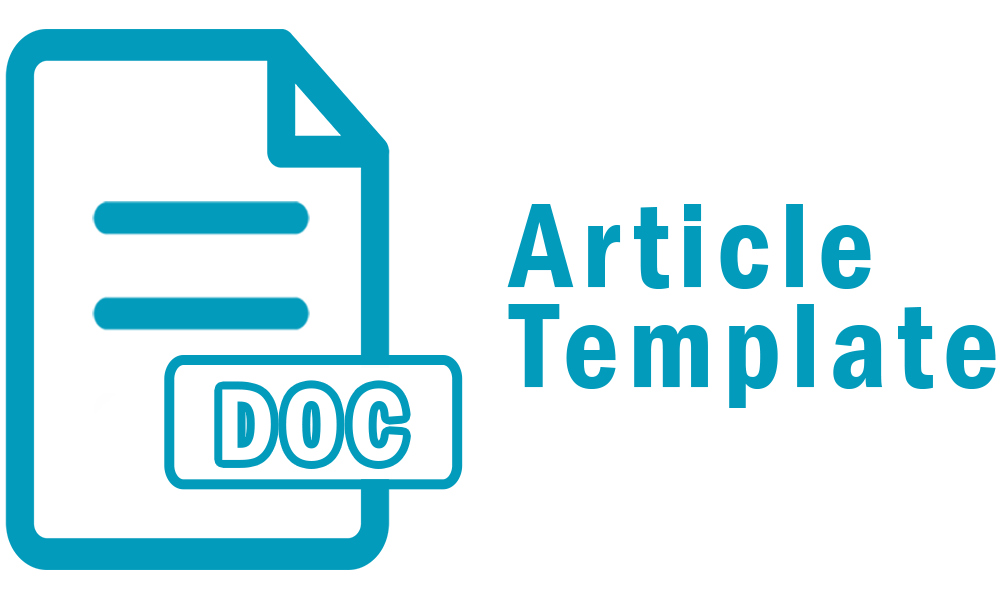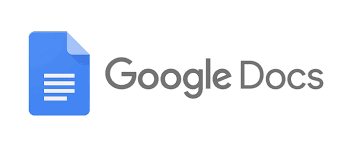The Euro-Algerian partnership as a way to achieve sustainable industrial development
DOI:
https://doi.org/10.58963/qausrj.v1i12.151Keywords:
industrial development , sustainable development , Business partnershipAbstract
Nowadays, the environment has become the center of attention and the new source of competitive advantage in current and future markets for companies. If the past period since the industrial revolution was the period of business first, then the current period with the next decade is the period of rebalancing between business and the environment, rather it is the period of the environment. Perhaps the interest in the environment is due to the fact that business has exhausted many of the environment's non-renewable resources, and has led to the emergence and exacerbation of environmental problems in a way that threatens the total and natural ecosystems, with their animals, plants, and non-living structures. A threat to the environment is a threat to human life.
The spatial framework we are interested in is the Western Mediterranean framework. We currently live in an economic framework that calls for openness to the world and Euro-Mediterranean cooperation.
The industrial sector is pivotal in the modern economy of the Mediterranean countries. Industry is now producing a variety of materials, contributing a large share to the raw national product, receiving huge investments, and is accompanied by a huge effort in technological research. As for industry and environment relations, it can be said that industry is the sector that produces the largest amount of pollutants at several levels. Therefore, many countries have searched for industrial approaches that allow the continuity of resources while reducing the amount of pollution. This technological research concerns the field of energy and the reuse of waste in order to reduce its accumulation and even benefit from it. However, the expenses of this technology are high and may make the cost of the product high compared to the population’s standard of living. It also urgently raises the problem of mastering these technologies in countries that import them and are still unable to produce them.
Metrics
Downloads
References
(1) عمورة جمال، "منطقة التبادل الحر في ظل الشراكة الأورو- متوسطية"، مقال منشور في (مجلة علوم إنسانية) ،السنة الثالثة، العدد 26، جانفي6 200.
(2) وزارة الدولة لشئون البيئة ،الادارة المركزية للاعلام والتوعية البيئية ،" تقرير حول الاجتماع الوزاري الثالث للبيئة"، القاهرة،20-11-2006.
(3) مقال على الموقع الشبكي:
http://www.eurojar.org/ar/cahiers-euromed
(4)لمزيد من التفاصيل راجع في ذلك.
Abdelhamid brahimi , « Stratégies de développement pour L’Algerie ;défis et enjeux », édition economica, paris, 1991,p90.
(5) منصور محمد الشريف، "أسباب اللجوء إلى برنامج التصحيح الهيكلي"، في(الملتقى الدولي حول برنامج التصحيح الهيكلي و أثاره على قطاعي التعليم و الصحة)، جامعة باتنة، 20_22 نوفمبر2000، ص ص 10_16.
(6) العلي إبراهيم ،" الاستثمار الحكومي في قطاع الصناعة ودوره في تنمية الصادرات في سوريا" ،رسالة ماجستير غير منشورة ، جامعة دمشق كلية الاقتصاد، 2002، ص80.
(7) مقال على الموقع الشبكي:
: www .somame.maktoobblog.com/about/
(8) نوري منير،"أثر الشراكة الأوروجزائرية على تأهيل المؤسسات الصغيرة و المتوسطة"، في( الملتقى الدولي حول متطلبات تأهيل المؤسسات الصغيرة و المتوسطة في الدول العربية)، جامعة الشلف، 17-18 أفريل 2006، ص 870.
(9) زعباط عبد الحميد، "الشراكة الأورومتوسطية و أثرها على الاقتصاد الجزائري"، في( مجلة اقتصاد أفريقيا، العدد الأول، جامعة الشلف ،2004، ص57.
(10) Accord Euro-Méditerranéen entre la république Algérienne démocratique et populaire d’une part et, communauté Européenne et ses états membres, d’autre part, art:9 paragraphe 2 et paragraphe 3 .
(11) نوال س ،"2010 عام التحديات والانجازات البيئية"، المسار العربي، مقال منشور بتاريخ 29-12-2010 على www.djazairess.com/
Downloads
Published
Issue
Section
Categories
License
Copyright (c) 2014 Queen Arwa University Journal

This work is licensed under a Creative Commons Attribution 4.0 International License.













